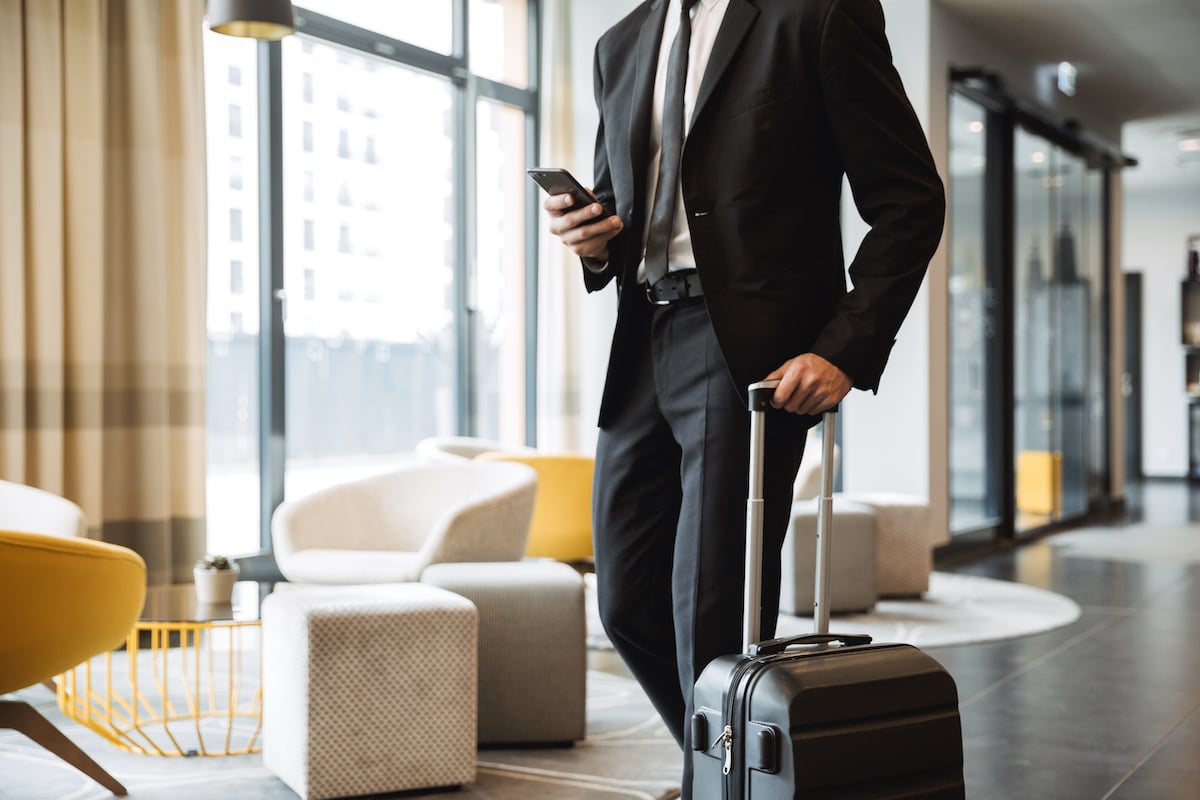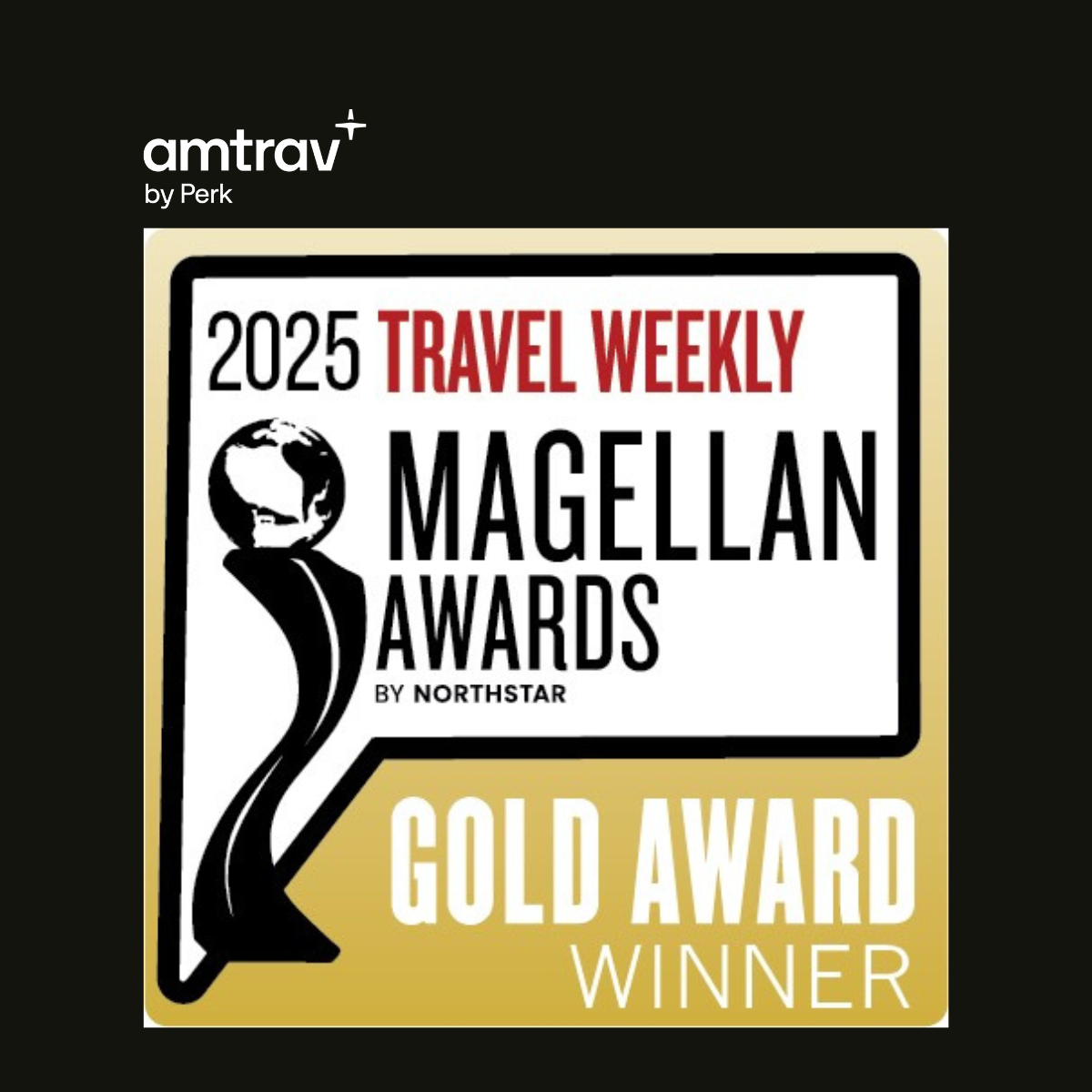There is a debate among those crafting COVID-era travel policies about what type of accommodation is safer right now -- traditional hotels or private home rentals. While there’s no definitive one-size-fits all answer to that question, we’ll give you the pros and cons for each.
Hotels
Hotels are going to great lengths right now to make you confident that they are safe. Some are doing a better job than others, of course, but most by now have taken significant steps like requiring facial coverings of guests and staff; thoroughly cleaning rooms with disinfectant; and enforcing social distancing in public areas.
If your travelers are going to be staying in hotels, you might consider for your travel policy a requirement that the properties meet minimum safety standards. Within the U.S., major chain properties would likely qualify. Most have rolled out safety and cleaning regimens like Hilton’s CleanStay or Omni’s Safe And Clean. If you use AmTrav’s a2b to book your hotels, you can also rely on our “Covid Clean” badge and filters, which flag properties which we know have enhanced their protocols.
One potential area of concern with hotel stays is eating. To minimize their chance of exposure, travelers should seek out dining options that keep them away from other people. At many hotels, they won’t have much of a choice as restaurants are either closed or open for carry out only. Many travelers are also using DoorDash and other food delivery services; they can generally have food delivered to the lobby where they can pick it up and bring it back to their room.
Private Home Rentals
Even before coronavirus, many travelers have warmed to the idea of a private home rental through a site like AirBnB or VRBO. Although not for everyone, some travelers appreciate the additional space, extra privacy, and full kitchens to cook their own meals. Some homes even offer private pools, hot tubs, or fitness equipment, which have all become even more appealing as social distancing has become the imperative.
Although AirBnB and VRBO don’t have the same level of control over their property owners that hotel brands have, both have made efforts to improve cleaning practices. AirBnB has introduced a new “cleaning protocol”,a set of step-by-step cleaning guidelines which cover recommended supplies, sanitization techniques, room-by-room instructions, and more. Although it is not mandatory that hosts commit to following the protocol, those that do will be identified in their listings.
So Which Option is Better?
The decision to book traditional hotel rooms or private accommodations is not clear cut. Cleanliness often comes down to the performance of individual property owners or hotel staff. It is probably safe to say that a hotel room is more likely to be more thoroughly cleaned than a private home, but in a private home you avoid the risk of contact with others at the front desk, in the halls, or in an elevator. Considering that medical experts believe the overwhelming majority of coronavirus transmissions are person-per-person, that gives a safety advantage to the private home. On the other hand, if a traveler does become sick, hotels often do have medical resources available, either on site or on call.
Bottom line, most experts would agree that both options are fairly safe, provided the travelers take basic precautions. As a result, most AmTrav clients have not altered their policies with respect to hotels vs. private homes. The travelers who previously stayed in hotels are continuing to do so; ditto for those who stayed in private homes.
There is one additional factor that is worth mentioning. Almost all hotels have implemented expanded flexibility, where rooms can be canceled up until 24 hours before arrival. With private homes, however, the property owners determine the cancellation policy and they vary widely. If you do choose to go that route, we urge you to pay close attention to those policies.

Shannon Marvin




